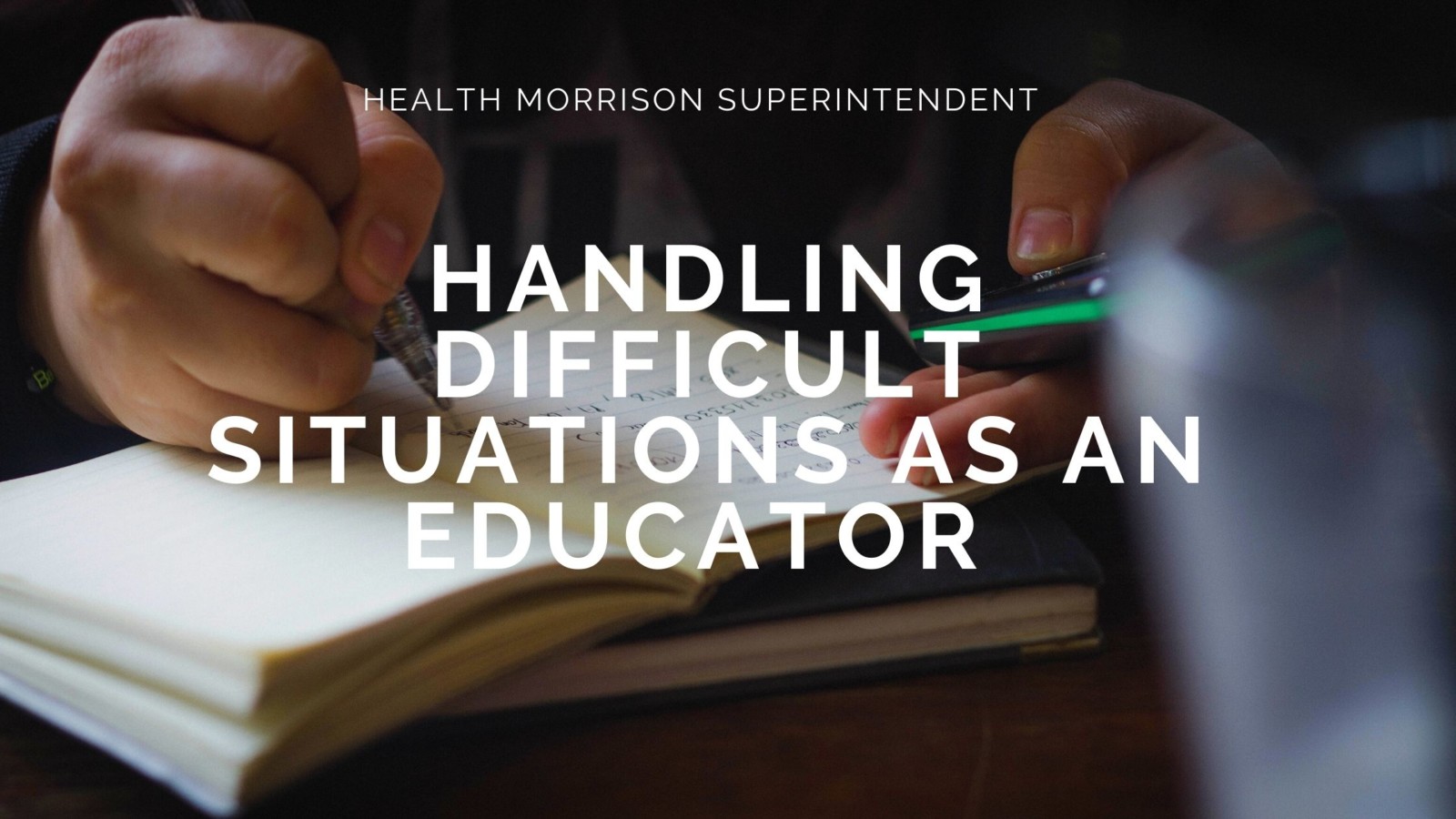Working as an educator can be very rewarding, but it is rarely easy. In fact, it can be difficult to manage your students and maintain order in your classroom, even on the best days. Things get particularly challenging if a student is having a difficult day or is unfocused on the tasks at hand. It’s something that is guaranteed to come up, though, so educators need to be equipped to handle difficult scenarios in the classroom..
The HEART Approach
A great way to remember how to handle difficult students is to use the HEART approach. This is a useful acronym that goes as follows:
- Hear what the student is saying
- Empathize with their situation
- Assess the student’s needs
- Refer them to the right resources
- Tell the appropriate officials or department
This should be a general plan whenever you have a student behaving inappropriately, but let’s take a closer look at exactly what this means. First of all, you should never ignore the problem. The longer you allow the behavior to continue, the worse it will get. If the behavior indicates that the student is experiencing challenges in the home, ignoring it could prevent the student from getting the help they need. You probably won’t put a stop to the behavior immediately by addressing it, but it’s an important first step.
Next, take the student aside and speak to them about their behavior. Don’t show your frustration or indicate that you’re getting upset. Make it clear that you want to listen to what the student has to say and find out why they are misbehaving. Ideally, this conversation should be private, but you can have it in a semi-public place if safety is an issue. Acknowledge that the student is upset, and ask if there’s something you can do to help. It could be that all you can do is listen to the student’s problem and refer them to someone who can help. Do not place a label or a diagnosis on the student; that isn’t your job.
If you cannot reach the student and their disruptive behavior doesn’t stop, you might need some extra help. If the student becomes violent, do not engage with them physically. Instead, contact the appropriate campus administrator and make sure that any other students or staff members nearby are safe. Refer the student to the proper department to keep them, and everyone else safe. Most importantly, do not let yourself get carried away emotionally. Keep a cool head and make it clear that you are trying to help.
Finally, know when to take a break for yourself. Dealing with this kind of situation is difficult, and there is no shame in taking a step back from it when you can or even talking to a counselor yourself. You still have a responsibility to all of your students, and you need to be in the right frame of mind to do it.


